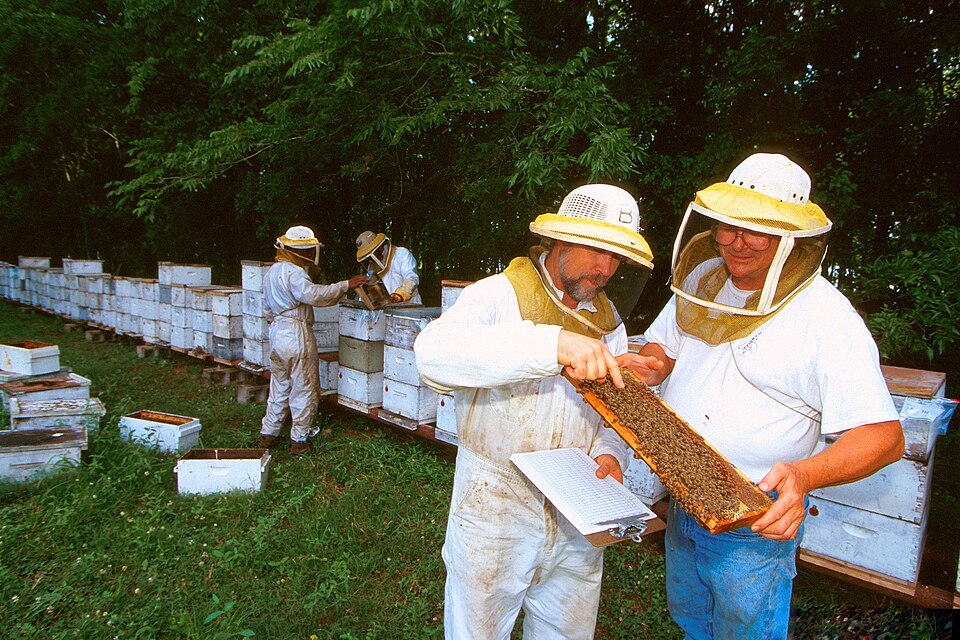Parenting is already one of life’s greatest responsibilities. Add separation or divorce to the mix, and things can quickly become overwhelming. But here’s the good news: with patience, communication, and empathy, co-parenting can become less about conflict and more about raising happy, well-adjusted children.
Put the Child First
Co-parenting works best when both parents agree on one thing: the child comes first. Every decision, from school choice to holiday plans, should be guided by what benefits the child emotionally, physically, and mentally.
Communicate with Respect
You don’t have to be best friends with your ex, but you do need to communicate effectively. Think of your communication as a business partnership with one goal: raising your child. Keep messages clear, respectful, and free of unnecessary emotions. When conversations get heated, take a pause.
Consistency Is Key
Children thrive in routine. Try to maintain consistent rules, bedtime schedules, and expectations across both households. It minimizes confusion and helps kids feel secure. Even if your styles differ, agreeing on the basics makes a world of difference.
Flexibility Matters Too
Life happens; work emergencies, traffic jams, or family events. Being flexible and understanding when plans shift shows your child that cooperation is possible, even in challenging circumstances.
Never Use the Child as a Messenger
One of the biggest mistakes co-parents make is involving the child in adult issues. Don’t make your son or daughter deliver messages, take sides, or carry emotional weight. Let them simply be children.
Take Care of Yourself
Co-parenting isn’t only about the child, it’s also about you. When you prioritize your own mental health, boundaries, and personal growth, you model resilience for your child. A happy, balanced parent creates a stable environment.
Celebrate the Wins
Every time you and your co-parent successfully navigate a tricky situation, celebrate it. These moments prove that teamwork is possible, even outside of a traditional family structure.
✨ Co-parenting isn’t easy, but it’s a journey that can teach patience, empathy, and teamwork. When handled with love, children learn one of life’s most powerful lessons: families may look different, but love and stability remain constant.
Put the Child First
Co-parenting works best when both parents agree on one thing: the child comes first. Every decision, from school choice to holiday plans, should be guided by what benefits the child emotionally, physically, and mentally.
Communicate with Respect
You don’t have to be best friends with your ex, but you do need to communicate effectively. Think of your communication as a business partnership with one goal: raising your child. Keep messages clear, respectful, and free of unnecessary emotions. When conversations get heated, take a pause.
Consistency Is Key
Children thrive in routine. Try to maintain consistent rules, bedtime schedules, and expectations across both households. It minimizes confusion and helps kids feel secure. Even if your styles differ, agreeing on the basics makes a world of difference.
Flexibility Matters Too
Life happens; work emergencies, traffic jams, or family events. Being flexible and understanding when plans shift shows your child that cooperation is possible, even in challenging circumstances.
Never Use the Child as a Messenger
One of the biggest mistakes co-parents make is involving the child in adult issues. Don’t make your son or daughter deliver messages, take sides, or carry emotional weight. Let them simply be children.
Take Care of Yourself
Co-parenting isn’t only about the child, it’s also about you. When you prioritize your own mental health, boundaries, and personal growth, you model resilience for your child. A happy, balanced parent creates a stable environment.
Celebrate the Wins
Every time you and your co-parent successfully navigate a tricky situation, celebrate it. These moments prove that teamwork is possible, even outside of a traditional family structure.
✨ Co-parenting isn’t easy, but it’s a journey that can teach patience, empathy, and teamwork. When handled with love, children learn one of life’s most powerful lessons: families may look different, but love and stability remain constant.


































